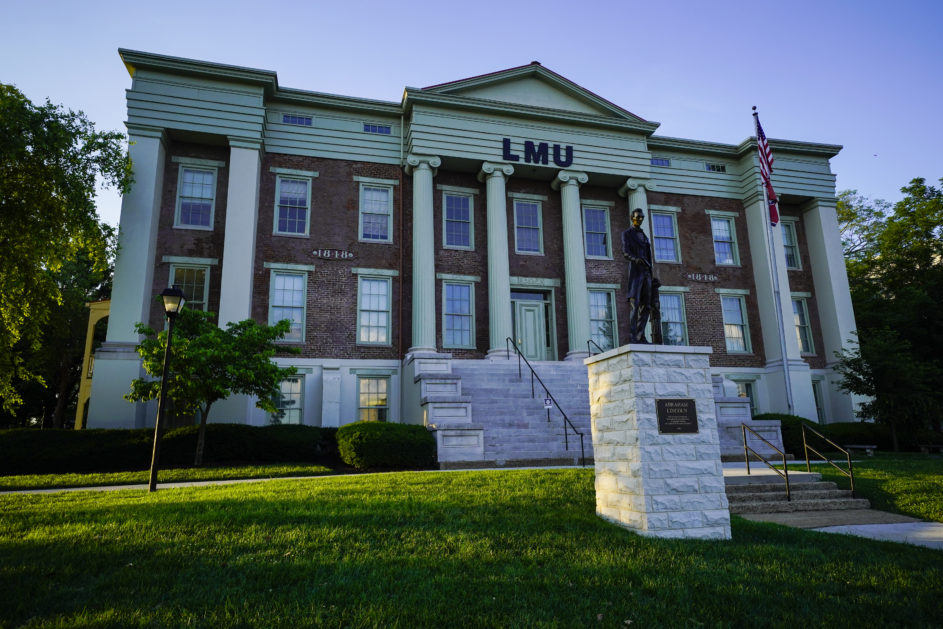The stately cluster of buildings crowning downtown Knoxville’s highest hill overlooks the L&N Station across Broadway and has been a silent witness to many changes in its 171-year history.
Known now as Old City Hall, its fate was often in doubt for the first two-thirds of the 20th century, a period when much of Knoxville’s historic building stock met the wrecking ball.
Most recently, Old City Hall stood vacant for four years after the Knoxville Chamber of Commerce moved to Market Square in 2004.
The buildings at 601 West Summit Hill got a new lease on life in 2008 when Lincoln Memorial University’s brand-new Duncan School of Law moved in, and now the complex is well kept and bustling with activity – reminiscent of the days from 1925 to 1980 when it was Knoxville City Hall, before the adjective “old” was appended to its name.
Knoxville saw many changes over those years as a succession of mayors, city managers and city council members debated and fought and did the city’s business. To the everlasting embarrassment of the local establishment, the era is probably best remembered for the night when a Knoxville Journal photographer caught Cas Walker winding up to slug a city council colleague during a debate about property taxes rather than for the progressive leadership of the likes of Mayor and City Manager George Dempster.
Walker didn’t land a solid punch, but that didn’t stop the picture from landing on the pages of Life magazine, where it was prominently displayed in a double-truck spread and made Knoxville a national laughingstock.
The address became known as “Old” City Hall after the City County Building opened in 1980, but it had a long and storied history prior to its time as the seat of local government.
Originally the Tennessee School for the Deaf (but popularly known as the Deaf and Dumb Asylum), it opened in 1848 and was one of the first such schools in the country.
It served that function until Confederate forces commandeered the building during the Civil War and used it as a hospital during the occupation of Knoxville; it played the same role for wounded Union soldiers after the occupying forces were rousted in 1863. It reverted to its original purpose when the students returned after the war ended in 1865.
Tennessee School for the Deaf thrived and expanded there until the city bought the property in 1922 for $400,000 and the school used the money to buy some land south of the river in Island Home, which is still its home campus today.
LMU Law will host an admissions open house from 5 to 7:30 p.m. Wednesday, March 27. No formal program is planned, but participants can hear about the application process, financing options, scholarships and more in conversations with administrators, faculty, staff and current students. Hors d’oeuvres will be served, and tours will be available. LMU Law is fully accredited by the American Bar Association.

